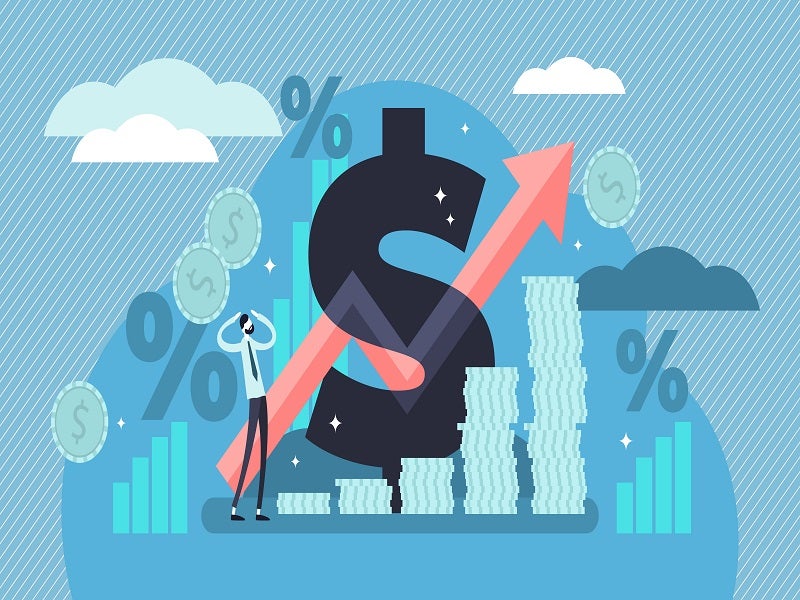In a historic move, the US Federal Reserve announced a new monetary policy strategy aimed at building a strong labour market and stabilising prices. The new policy is a shift from the decades long strategy of curbing inflation. Macroeconomic influencers share their views on the Covid -19 impact.
James Picerno
James Picerno, editor at the US Business Cycle Risk Report, shared an article on the Federal Reserve’s new monetary policy strategy. The new strategy aims to target 2% average inflation, a big departure from the previous policy to curb inflation.
The strategy is aimed at building a strong labour market, which will require a range of policies apart from a supportive monetary policy. The policy change is still unclear as no guidelines have been provided on how long interest rates will be kept low and how high inflation will be allowed to go.
Investors may need to wait until September when the Federal Reserve issues guidance on interest rates and ensures to keep inflation at a threshold of 2.25% or 2.5%.
Powell makes it official, announcing (via prepared remarks) that the Fed target 2% average inflation, which is another way of saying that it will tolerate higher inflation relative to the previous policy: https://t.co/WMLrV3jPkZ
— James Picerno (@jpicerno) August 27, 2020
 GlobalData Strategic Intelligence
GlobalData Strategic IntelligenceUS Tariffs are shifting - will you react or anticipate?
Don’t let policy changes catch you off guard. Stay proactive with real-time data and expert analysis.
By GlobalData
Daniel Lacalle
Daniel Lacalle, chief economist at Tressis SV, shared an article with his views on the Federal Reserve’s new monetary policy strategy. Although the strategy is aimed at controlling deflation, Lacalle argues that the price increase caused by the policy will hurt households and small businesses.
The Covid-19 pandemic has led to rise in employment and decrease in wages. Lacalle notes that if the cost of goods increase due to the new policy, it will cause the economy to stagnate and worsen the quality of life.
Federal Reserve Loosens Inflation Limit… Consumers Pay https://t.co/ZO9UFJPbhO
— Daniel Lacalle (@dlacalle_IA) August 27, 2020
Justin Wolfers
Justin Wolfers, professor at the University of Michigan, shared an article on the US President Donald Trump’s claims on the $660bn taxpayer-funded Paycheck Protection Program (PPP) having saved approximately 51 million jobs. The article notes that according to experts and economists, the actual number of jobs saved is not 51 million but rather a fraction of it ranging between one million and 14 million.
The discrepancies between the government’s claims and the actual figures stem from the way the jobs retained by the PPP are being counted. The article notes that the government should wait for businesses to apply for loan forgiveness to get the actual estimate of the number of jobs saved.
Treasury calculated that 51 million people are employed by businesses that received a PPP loan. So Trump claimed that he saved 51 million jobs. That not how counterfactuals work. https://t.co/akIfqnJN3O
— Justin Wolfers (@JustinWolfers) August 27, 2020
Harry A. Patrinos
Harry A. Patrinos, education economist and manager at World Bank, shared an article on the actual wages and GDP lost due to school closures. The article notes that the pandemic is expected to have lasting repercussions on the education and earnings.
The article assumed that each year of schooling equates to 8% of additional future earnings, 10% loss in learning due to the pandemic and a labour force participation of 70%-100%. Based on these assumptions, the article estimates a future earnings gap of $11,117 at the individual level and between $10.6tn and $15.1tn globally.
https://twitter.com/hpatrinos/status/1298984538207432706




